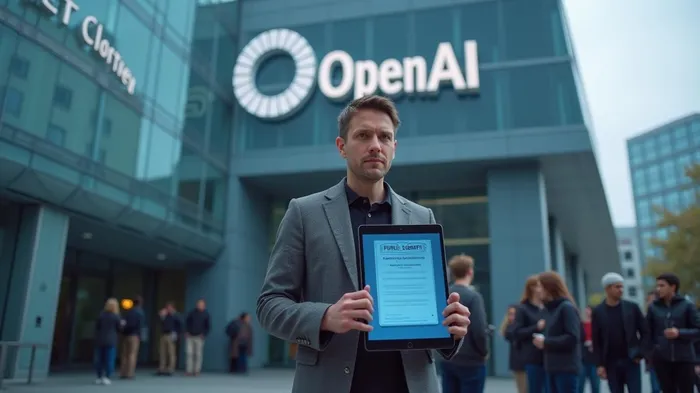OpenAI Reverts to Nonprofit Status, Transitions For-Profit Unit to Public Benefit Corporation
OpenAI has announced a significant shift in its organizational structureGPCR--, reverting from plans to become a traditional for-profit entity. The company will now maintain its nonprofit status while transitioning its for-profit unit into a Public Benefit Corporation (PBC). This move aims to reinforce OpenAI's commitment to developing artificial general intelligence (AGI) in the public interest.
The PBC model allows OpenAI to generate revenue while ensuring that the nonprofit parent retains control and holds a substantial equity position. This approach is increasingly common among advanced AI labs that need to raise funding while prioritizing safety and long-term impact. OpenAI CEO Sam Altman emphasized that the nonprofit will remain central to the organization’s decision-making processes. The revised structure follows consultations with civic leaders and regulatory officials, including the attorneys general of California and Delaware.
Altman explained that keeping nonprofit control will provide OpenAI with the necessary resources to scale responsibly. He also stated that the company aims to make its nonprofit arm one of the most effective in history, with a mission to ensure that AGI benefits everyone. Altman clarified that the change is not a sale but a structural adjustment to a simpler model where everyone has stock, replacing the current complex capped-profit structure.
This announcement comes amid intensifying legal tensions with Elon Musk, one of OpenAI's co-founders. Musk had accused the company of deviating from its founding mission and filed a lawsuit earlier this year to halt its shift toward profit-driven goals. Musk also made a $97 billion offer to buy OpenAI’s controlling nonprofit arm, which was not accepted. In response to OpenAI’s announcement, Musk’s legal team reportedly dismissed the move as cosmetic, arguing that the updated structure allows private parties, including Sam Altman and MicrosoftMSFT--, to benefit from assets originally intended for the public good.
OpenAI has also recently countersued Musk, alleging that he attempted to sabotage the organization through a fake takeover offer and a coordinated campaign to damage its reputation. The legal battle highlights the complex dynamics between OpenAI's commitment to public interest and the commercial interests of its stakeholders.

Quickly understand the history and background of various well-known coins
Latest Articles
Stay ahead of the market.
Get curated U.S. market news, insights and key dates delivered to your inbox.



Comments
No comments yet